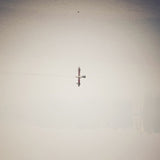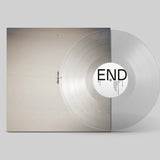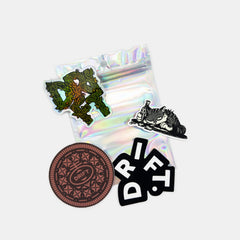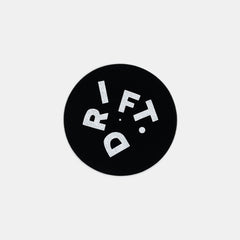



Qasim Naqvi - Endling
“One morning my wife woke up from a dream with a phrase in her mind — “God Docks at Death Harbor, explains Naqvi. I was just starting to write a new work for the BBC Concert Orchestra, and when she told me about this dream of words, it very quickly seeped into the fabric of the music. Her words were a poem to me, evoking very specific imagery. I imagined our planet hundreds of years into the future, where the human race no longer exists. I imagined a world peacefully restoring itself in the absence of us, because we’re no longer around to destroy it and ourselves. This became the tenet of the work. It was like a scenic mural that I could look at for inspiration, as I was writing this tone poem. After God Docks at Death Harbor premiered in the spring of 2023 in London, the feeling stayed with me, and when it came time to think about a new record I felt compelled to continue this narrative. I imagined a prequel, about the last human on the planet — an endling, traversing a world centuries into the future. A world decayed and mutated into a strange amalgam of the natural and artificial. I envisioned the music as chapters, following this human through the crumbling landscape of the future, that was now being overtaken and absorbed by the natural world. In keeping with the tone poem tradition of God Docks, I created the track titles first, and their meanings became more defined as the music began to take shape"
All of the music on Endling was made with an ARP Odyssey, Minimoog and modular synthesizer. For me, one of the many challenging and satisfying aspects of modular synthesizers involves the development of complex timbrel ideas from the ground up, which can rarely ever be repeated perfectly. The device can be organically unstable and fallible. It can feel like an organism and as the performer, you’re in control of the flow of its energy, or voltage.
Edition Info
• 1LP pressed on clear vinyl
Tracklisting
1. Fires
2. Beautification Technologies
3. The Glow
4. Power Down the Heart
5. Plastic Glacier
6. Endling
7. In the Distance
8. The Great Reward
Released: 30th May 2025
Shipping & Delivery
Drift gladly ship all items Worldwide using Royal Mail Tracked®, FedEx and DHL services. There is a shipping calculator available in the basket. Read More
Click & Collect
Available on all orders from Drift. Select the Click & Collect option during the checkout process. Read More.
UK Free Shipping
We offer free delivery on orders of £90 and over, sent within mainland UK. To qualify for free delivery, your order will be sent as one dispatch. Read More.
Global Shipping & Tax
If you are based outside the UK and EU, all prices will appear without tax at the checkout. Drift is IOSS registered and collects tax on all EU orders at point of purchase. Read More.

Drift Extras
Complétez le look:
Earn [points_amount] when you buy this item.
- Related products
- Recently viewed







